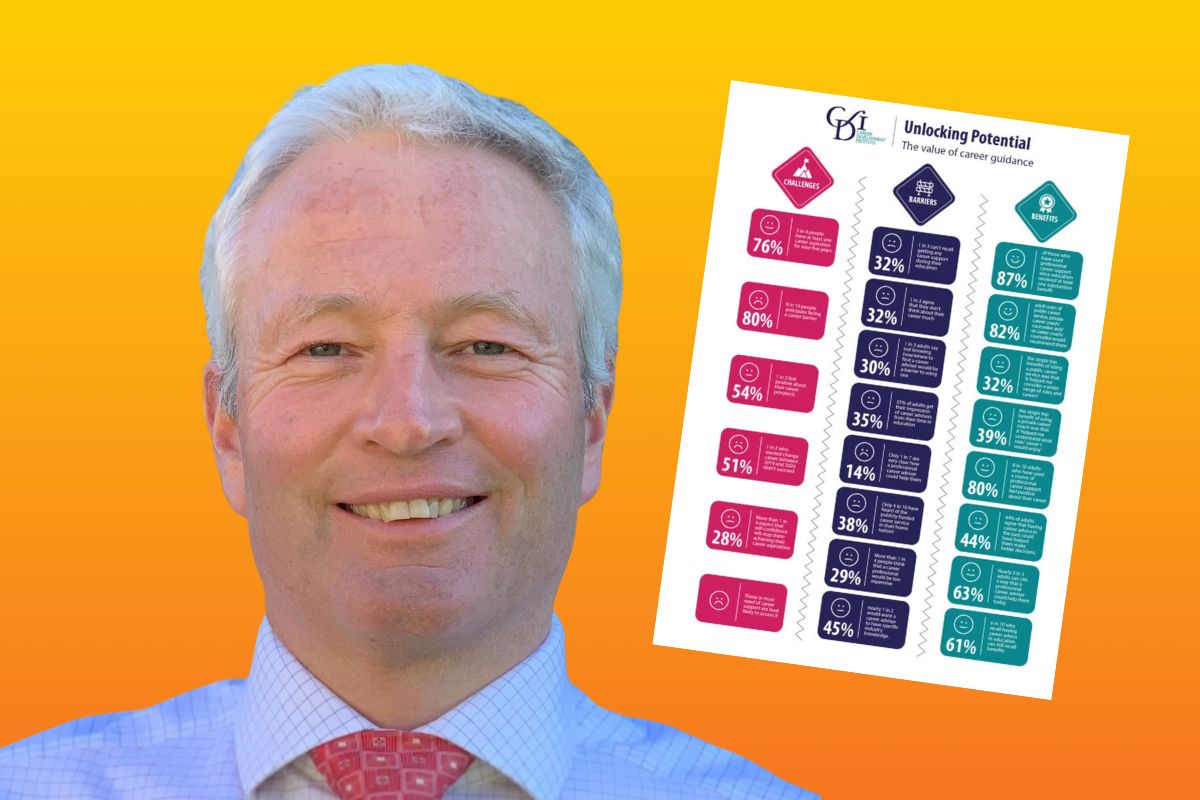Achieving all-MAT system quickly not possible without resource, policy solutions and building capacity

Rapidly achieving an all-multi-academy trust (MAT) system – such as the Government’s previously stated ambition for all schools to be in a ‘strong’ MAT with at least 10 schools in England by 2030 – is not possible. It would require unprecedented system change,asjust under half (47%) of all mainstream schools in England are currently academised.
If this remains a priority, the Government should focus on a slower transition which addresses existing system issues ahead of rapid system change. This includes ensuring that appropriate resources and policy solutions (including those covered by the regulatory review) are in place, alongside building sufficient MAT capacity.
Findings from a new report by the National Foundation for Educational Research (NFER) say the Government’s suggested rapid transition to an all-MAT system could cause issues for trust quality, potentially impacting other educational policy priorities such as Covid-19 recovery.
The study offers new insights into the current MAT landscape by investigating how the mainstream school system has evolved so far. It says additional consideration is needed to address the issues facing particular groups of schools (such as faith schools) and how to ensure that no schools are left behind.
The study also found that some schools, such as small rural primary schools, may not be attractive to an existing MAT or may particularly struggle to find a suitable MAT to join.
This is reflected in a short survey that was conducted with directors of children’s services in England to explore Local Authorities (LAs) views on the Government’s White Paper academisation ambitions and the proposals to allow LAs to establish new MATs. It found that four-fifths of the surveyed LAs were concerned that some schools in their area risked being left behind because MATs would be reluctant to take them on.
The survey, carried out with LAs, also revealed that while only six per cent of responding LAs were actively in favour of the Government’s aim for all schools to be in a ‘strong’ MAT of at least 10 schools or 7,500 pupils by 2030, two-thirds were in favour of establishing their own MATs. However, only 39 per cent of LA respondents felt they were likely to begin the process of establishing their own MAT within the next three years.
Jenna Julius, NFER Research Director and co-author of the report, commented:
“Our research shows that a rapid transition to an all-MAT system would require schools to join MATs and trusts to merge at an unprecedented scale.
“The Government needs to prioritise a slower transition that allows more time to build MAT capacity. The suggested pace and timing of system change risks creating issues for trust quality, potentially affecting the educational outcomes for young people.
“It is crucial that efforts and funding to develop and grow capacity in MATs are focused on those schools that may currently struggle to join a MAT and that funding is targeted appropriately to ensure their long-term sustainability.”
The report makes two further recommendations:
- The Government needs to ensure LAs have the right powers and resources to match their responsibilities.
- More evidence is needed on what makes for a ‘strong’ trust.
Sector Response
Dr Mary Bousted, Joint General Secretary of the National Education Union, said:
“This report makes clear that the government’s stated ambition to get all schools into multi-academy trusts (MATs) by 2030 is totally unrealistic. Achieving this goal in such a short time frame would require huge upheaval, great cost, and would ultimately be counterproductive. The fact that the Government persists with this policy indicates that they are not at all concerned by the huge problems in the academies policy and the confusing and fragmented schools landscape brought into being by the expansion of MATs.
“There are fundamental problems with MATs: the concentration of power in the hands of unaccountable MAT boards, the undermining of staff, parent and pupil voice, and the ability of local authorities to coordinate services to those children who most need support.
“The Government appears to have given up even the pretence that these problems will be addressed. Instead, they want to find new ways to force schools into becoming part of a MAT in order to create a sense of momentum behind an academies policy that was already running out of steam. This cannot and should not be a priority of Government right now. The crises of recruitment and retention of teachers, not to mention school and college underfunding, should be paramount.
“If we want a better schools system it is time to end the academies policy, invest in schools, staff and to rebuild democratic systems which can manage and support schools at a local level.”
Julie McCulloch, Director of Policy at the Association of School and College Leaders, said:
“Rather than continuing to pursue this unachievable target, the government needs to deal with far more pressing issues. Their immediate focus should be on addressing the recruitment and retention crisis, which is making it increasingly difficult to put teachers in front of classes, and the long-term underfunding of education from early years through to post-16. These are much greater threats to educational standards over the next few years than some schools not being in multi-academy trusts.
“We agree that all schools and colleges should have the opportunity to be part of a strong group which suits their own needs and where they both give and receive support. In many cases this will be in the form of MATs, though other forms of partnership can also bring significant benefits. Many local authority schools, as well as schools which operate as single academy trusts, are happy with the structure in which they currently operate and struggle to see how joining a MAT would help them to maintain or improve standards.
“These issues were evident even before the scrapping of the Schools Bill, which has cast further doubt over this and other policies. Clearly the ambition to have all schools in MATs by 2030 is totally unrealistic and so the government must clarify exactly what it does intend to do. Creating an all-MAT system would require huge structural change, so if the government is intent on pursuing this policy it must explain how it intends to facilitate and support this process to ensure positive outcomes and avoid schools joining or forming groups which aren’t best placed to support and challenge them. Getting this underlying structure right is more important than meeting an arbitrary deadline.
“If the government insists on pressing ahead with this policy, it must explain how it is going to delivered. Meanwhile, school and college leaders are once again left in the dark.”
Paul Whiteman, general secretary of school leaders’ union NAHT, said:
“The government’s focus on school structures is an unnecessary distraction when there are much more pressing issues such as school funding; recruitment and retention; pay; and the crisis in SEND provision that all need urgent attention.
“There are great schools in multi-academy trusts, great standalone academies, and great schools that are maintained, but the choice to join a trust should lie with the school and never be forced upon them.
“While some of our members in multi-academy trusts have reported benefits, the government still hasn’t convinced many local authority schools that the switch is the right thing for them and their communities. When we surveyed our members last year more than three-quarters (76%) disagreed or strongly disagreed that a fully trust-led system would improve pupil outcomes.
“If the government is to press ahead with its plans, more meaningful engagement with the sector will be crucial to ensure future structures encourage rather than distract from and hinder school improvement.”
In March 2022, the Schools White Paper set out the ambition for all schools to be in a ‘strong’ MAT with at least ten schools or 7,500 pupils by 2030. It also outlined proposals to allow LAs to establish new MATs in areas where too few ‘strong’ trusts currently exist. This was followed by the introduction of a new Schools Bill to Parliament, intended to create the legal basis for regulating all trusts, and the start of a regulatory review looking at how ‘strong’ trusts should be identified, how new trusts are commissioned and how trusts should be regulated. The bill has now been dropped in its current form.
A short survey was administered by NFER in September 2022 to directors of children’s services in all LAs in England. A sample of 33 LAs was achieved (out of 152), representing one in five local authorities in England. While the achieved sample had good levels of representation across all regions in England and across LAs which had academised to different degrees, a degree of caution is needed when interpreting the analysis of the survey due to the small sample size.











Responses